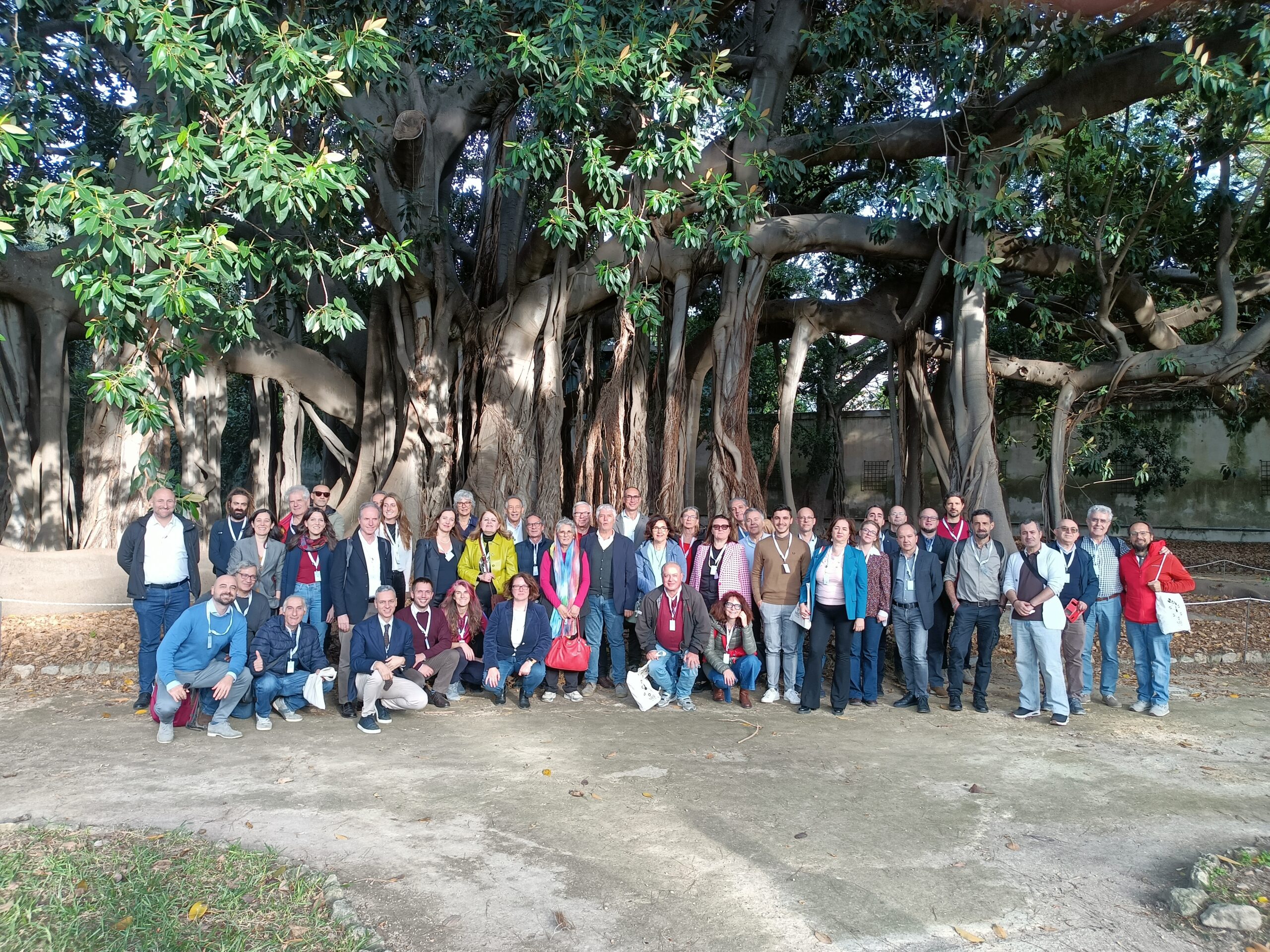Europe is set to face immense socio-ecological challenges in the coming decades, including extreme heat and flooding, with dire impacts on community health and urban infrastructure. However, we have an effective tool at our disposal: Nature-based Solutions (NbS). These solutions harness healthy ecosystems to mitigate climate change effects while enhancing biodiversity. Despite their clear benefits, NbS are absent in 65% of key EU environmental and sustainability policies.
Europe has experienced a greater rise in temperature compared to other continents, and European cities are facing increased heat stress and extreme weather events, which severely impact public health. Additionally, 85% of EU habitats and 73% of protected species are in poor condition. Human health and environmental health are interconnected: we cannot improve life in our cities without protecting ecosystems.
NbS can do a lot to address these issues. These are not modest interventions; created and restored wetlands improve water quality, coastal habitats can reduce storm damage, and urban forests can remove up to 40.7 tons of CO2 equivalents per hectare in the first 20 years. These interventions not only enhance the resilience of cities by reducing pollution and creating job opportunities but can also cost less than traditional infrastructure.
Key EU policies, such as the Nature Restoration Law and the “Farm to Fork” strategy, recognize the value of NbS. However, despite the clear advantages, a recent policy report highlighted that NbS are underutilized and underfunded. The lack of cooperation across various political levels leads to gaps in implementation, making it difficult to integrate NbS into Member States’ national plans.
It is essential for NbS to be adopted at the local level across the EU. The slow uptake highlighted in the NetworkNature report reveals deeper issues, such as incoherence among policies across sectors like climate, agriculture, and biodiversity, as well as insufficient funding. Moreover, many NbS-related targets are non-binding. Without a clear legal framework, dedicated funding, and private sector involvement, cities and local authorities lack the necessary resources to effectively implement green infrastructure.
It is crucial for the incoming European Commission to take concrete and funded actions to bridge these gaps.
Time is not on our side. The EU and its Member States must integrate NbS not only in urban policies but also in agriculture, water, climate, and finance. The 2024-2029 Commission will need to set an ambitious agenda for the deployment of NbS.
Read the full article by Laure-Lou Tremblay, Policy Analyst at the Institute for European Environmental Policy (IEEP), and Kassia Rudd, Communications Expert at ICLEI Europe, on EURACTIVE.



 Italiano
Italiano





